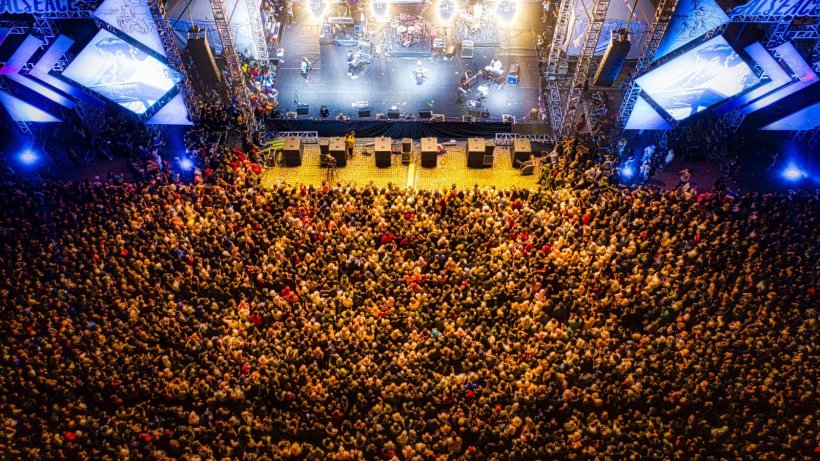read also
 Rising Crime Levels in Several Canadian Cities
Rising Crime Levels in Several Canadian Cities
 Türkiye strengthens its role in global tourism
Türkiye strengthens its role in global tourism
 Slovenia Work Permits Become a Key Hiring Bottleneck
Slovenia Work Permits Become a Key Hiring Bottleneck
 Asset Reinvention Reshapes Thailand’s Hotel Market
Asset Reinvention Reshapes Thailand’s Hotel Market
 Europe’s Event-Driven Tourism Grows Strongly in 2025
Europe’s Event-Driven Tourism Grows Strongly in 2025
 More Than 11,000 Flights Canceled in the U.S. Over Three Days
More Than 11,000 Flights Canceled in the U.S. Over Three Days
Germany Tightens Border Controls: 43,500 People Denied Entry Over 15 Months

Germany has denied entry to 43,500 people over the past 15 months, enforcing strict border checks as part of its campaign against illegal migration. The measures, introduced in October 2023, have led to a 34% drop in illegal migration and a 110,000 decrease in asylum applications compared to the previous year. However, the debate over further tightening immigration policies remains heated.
Effectiveness of Germany’s Border Checks
According to Germany’s Ministry of the Interior, enhanced border security has proven to be effective. Ministry spokesperson Maximilian Kall confirmed that most illegal migrants were unable to enter Germany due to the new regulations. However, he emphasized that a blanket rejection policy would be impractical and could strain diplomatic relations with neighboring countries.
Christian Democratic Union (CDU) leader Friedrich Merz, a frontrunner for Germany’s next chancellor, recently called for permanent border controls, citing security concerns. His remarks followed a high-profile stabbing in Aschaffenburg on January 22, where an Afghan asylum seeker attacked and killed two people. Merz vowed to ban entry to anyone lacking valid documentation or exploiting European freedom of movement, including asylum seekers.
Security Measures: Border Checks May Be Extended Beyond March
On September 16, 2024, Germany notified the European Commission of its decision to implement temporary border controls on all land crossings, initially set to expire on March 15, 2025. However, in December 2024, Interior Minister Nancy Faeser hinted that the measure could be extended indefinitely, citing rising concerns over illegal migration, terrorism, and organized crime.
Germany is not alone in tightening its borders. France, Austria, Denmark, Poland, and the Czech Republic have also reintroduced internal Schengen border checks. Austria, for instance, increased security along its border with Slovakia, while France announced additional measures to block migrants using the Italian route to enter the country.
Political Fallout: EU Divisions Over Border Restrictions
Germany’s stricter border policies have sparked tensions within the EU. While Poland and the Czech Republic back the move, Brussels has voiced concerns over potential violations of Schengen rules and the impact on free movement within the EU.
Some countries, such as Italy and Spain, face the opposite challenge—labor shortages in agriculture and construction—creating a dilemma between tightening migration controls and maintaining a functional workforce.
Germany’s crackdown on border security signals a shift in European migration policies. While the focus was previously on asylum distribution among EU nations, the priority now is preventing illegal entry at the source. However, this strategy raises economic and diplomatic concerns and could strain relations within the EU.
As Germany navigates the complexities of national security versus Schengen obligations, stricter border controls may become the new normal across Europe—especially with the 2025 European Parliament elections on the horizon.


